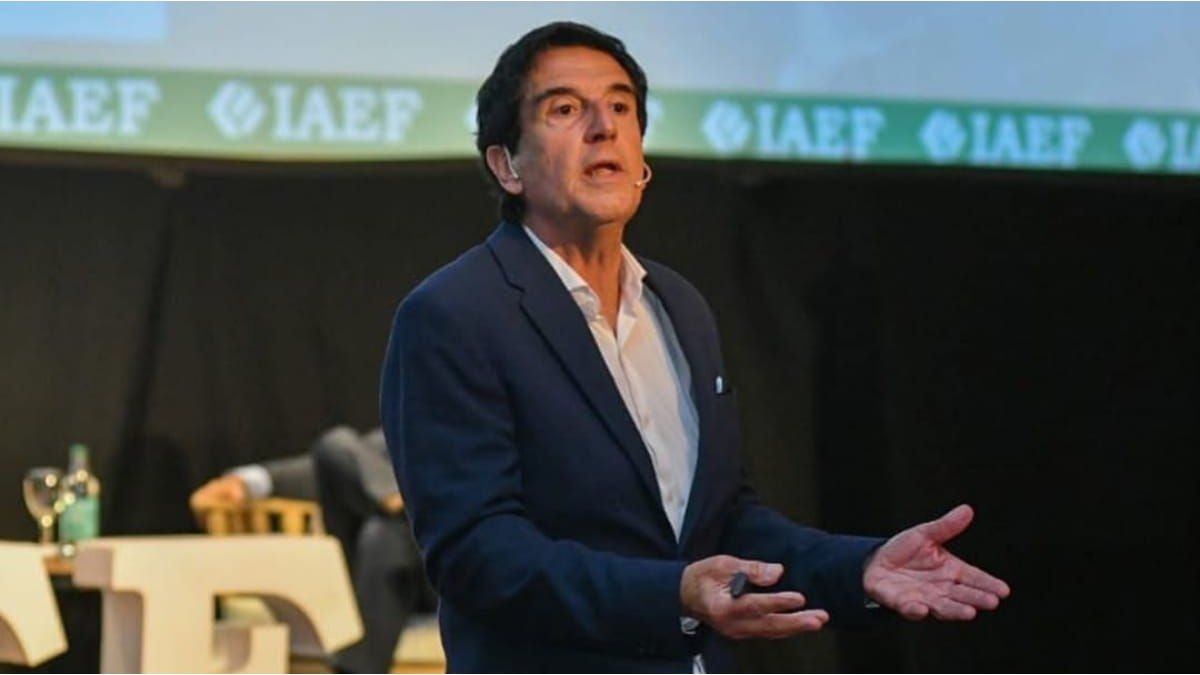It’s about the suspicion of incitement to abuse of office when the board of directors of the Braunau tax office was appointed in 2017. “I want things to be clarified quickly and it will quickly turn out that there is nothing to the allegations.” With Wöginger’s announcement, the lifting of his immunity is almost certain, because the opposition had spoken out in favor of it anyway, and the Greens can now go along without risking a coalition break. There is not yet a fixed date for the immunity committee, but the meeting should take place next Wednesday.
The public prosecutor’s office wants to investigate Wöginger on suspicion of “determination of abuse of office”. It is about the appointment of an Upper Austrian ÖVP mayor to the board of directors of the tax office for Braunau, Ried and Schärding in 2017. An investigation is being carried out against four members of the assessment commission at the time because they ranked the mayor as the most suitable applicant for “party-political and therefore irrelevant motives” and thus one allegedly discriminated against other applicants “because of their worldview”. The defeated candidate, the now retired tax officer Christa Scharf, had fought the post allocation legally and was right by the Federal Administrative Court.
Wöginger is said to have intervened
According to the prosecutor’s extradition request, Wöginger is said to have intervened in the matter as a deputy with the then head of cabinet of the Ministry of Finance, Thomas Schmid, and “emphasised his party-politically motivated desire to fill the position”. There are chats in which Schmid wrote to Wöginger about the matter: “We made it (…) The mayor owes you something!” Wöginger thought it was “really great”.
He had “always considered the mayor to be a qualified and suitable candidate for this position” and “never had any influence on the independent commission that made the decision,” Wöginger dismissed the allegations.
“I have always done my work as a member of parliament conscientiously,” emphasized Wöginger again in a written statement. “During my consultation hours, of course, I deal with citizens’ concerns. I’m not the only one who forwards such concerns. That’s part of our political work,” Wöginger argued. “I would also like to introduce myself to all the mayors and officials who are doing this.”
He hopes that the immunity committee will agree to his extradition, Wöginger said. “It will then quickly become apparent that there is nothing to the allegations and nothing will come of it either.”
Case could trigger policy debate over immunity
The case could spark a principled debate on MP immunity. In principle, Members of Parliament may only be prosecuted for a criminal offense without the consent of the National Council if this is obviously not related to the political activity of the Member in question.
In the Causa Wöginger, the public prosecutor’s office itself noted: “In view of this legal situation, there are indications of a connection between the act and the political activity of Deputy August Wöginger, because the subject of the suspicion to be examined is a political intervention,” it says extradition request. “From the point of view of the WKStA, one cannot speak of an obviously lacking connection with political activity.”
For the parliamentarism expert and former ÖVP club director Werner Zögernitz, the allegations against Wöginger would not actually require extradition because there was a connection with his activity as a parliamentarian.
Wöginger now apparently wants to start a discussion: It is important to “rethink the rules for immunity,” he said. Because political activity alone is apparently no longer enough to obtain the immunity of a member of parliament.
Source: Nachrichten




